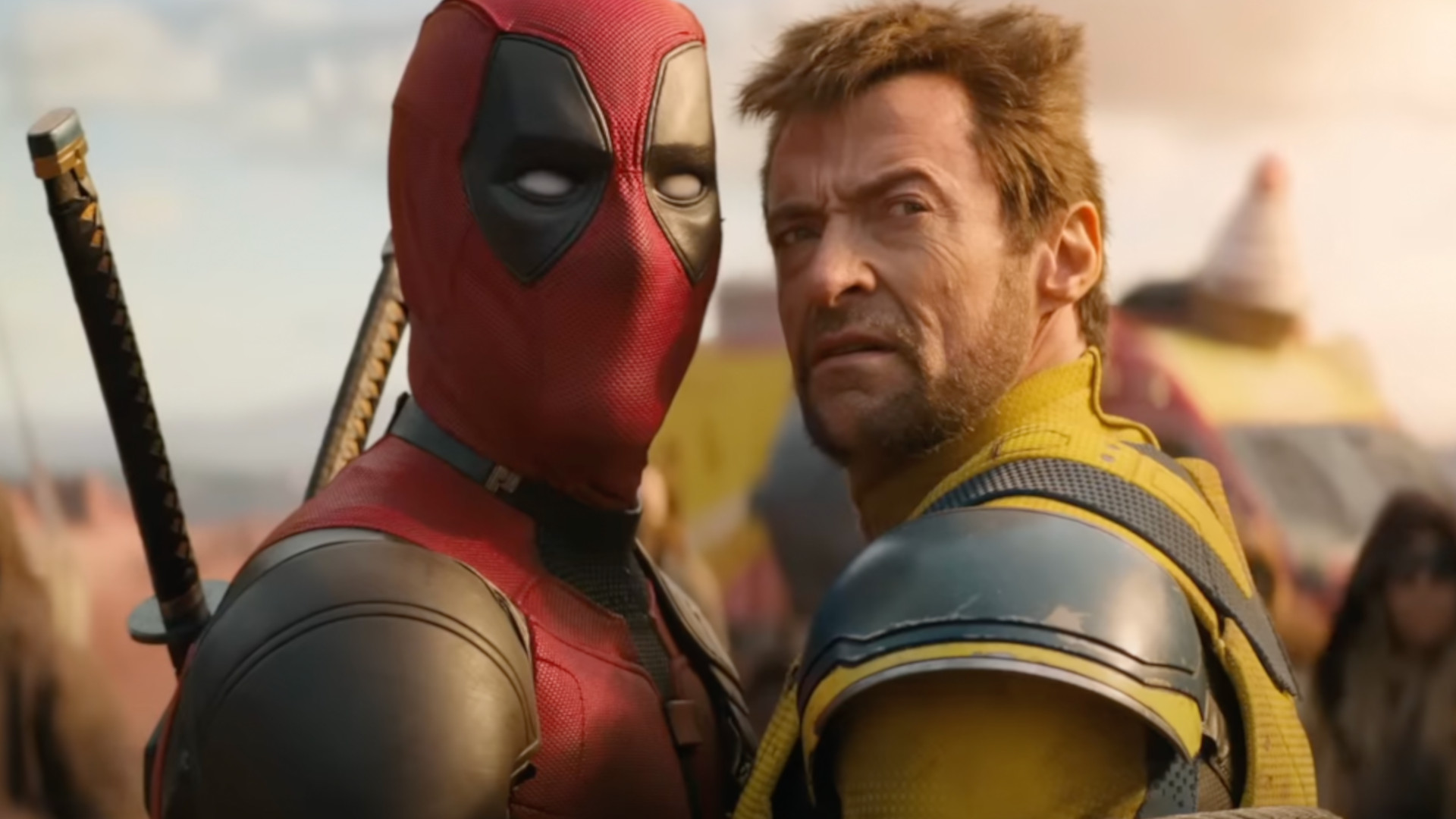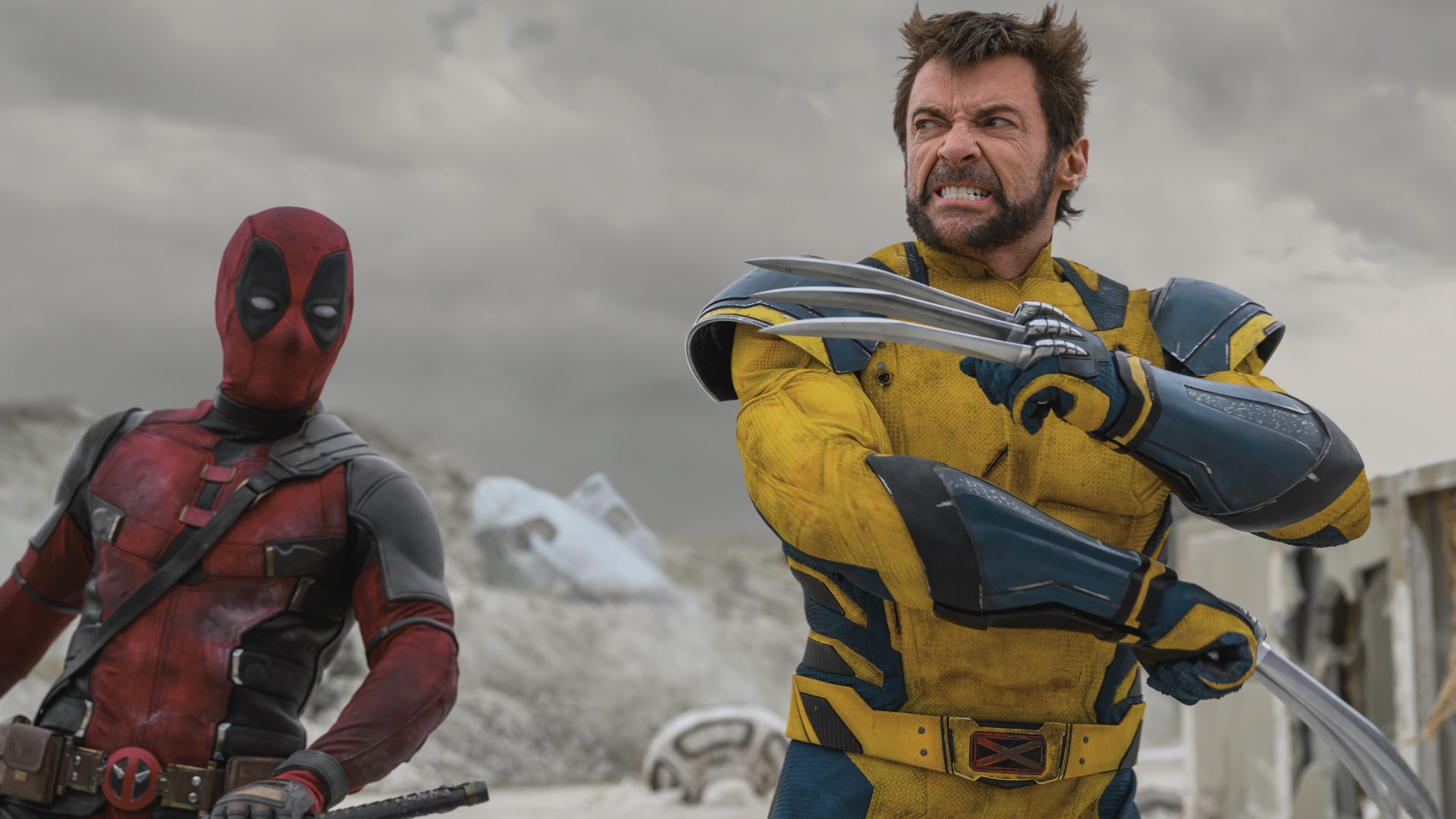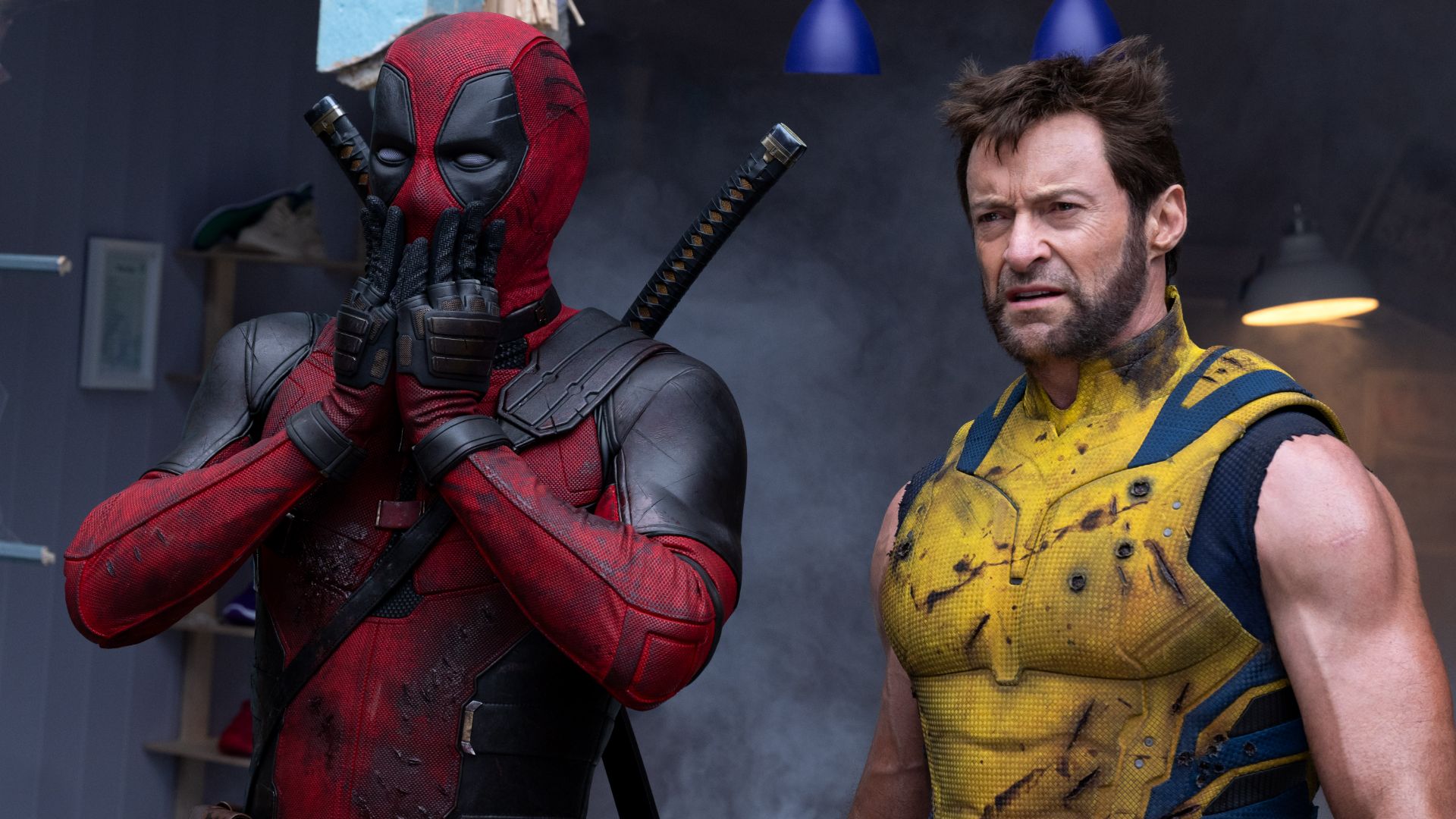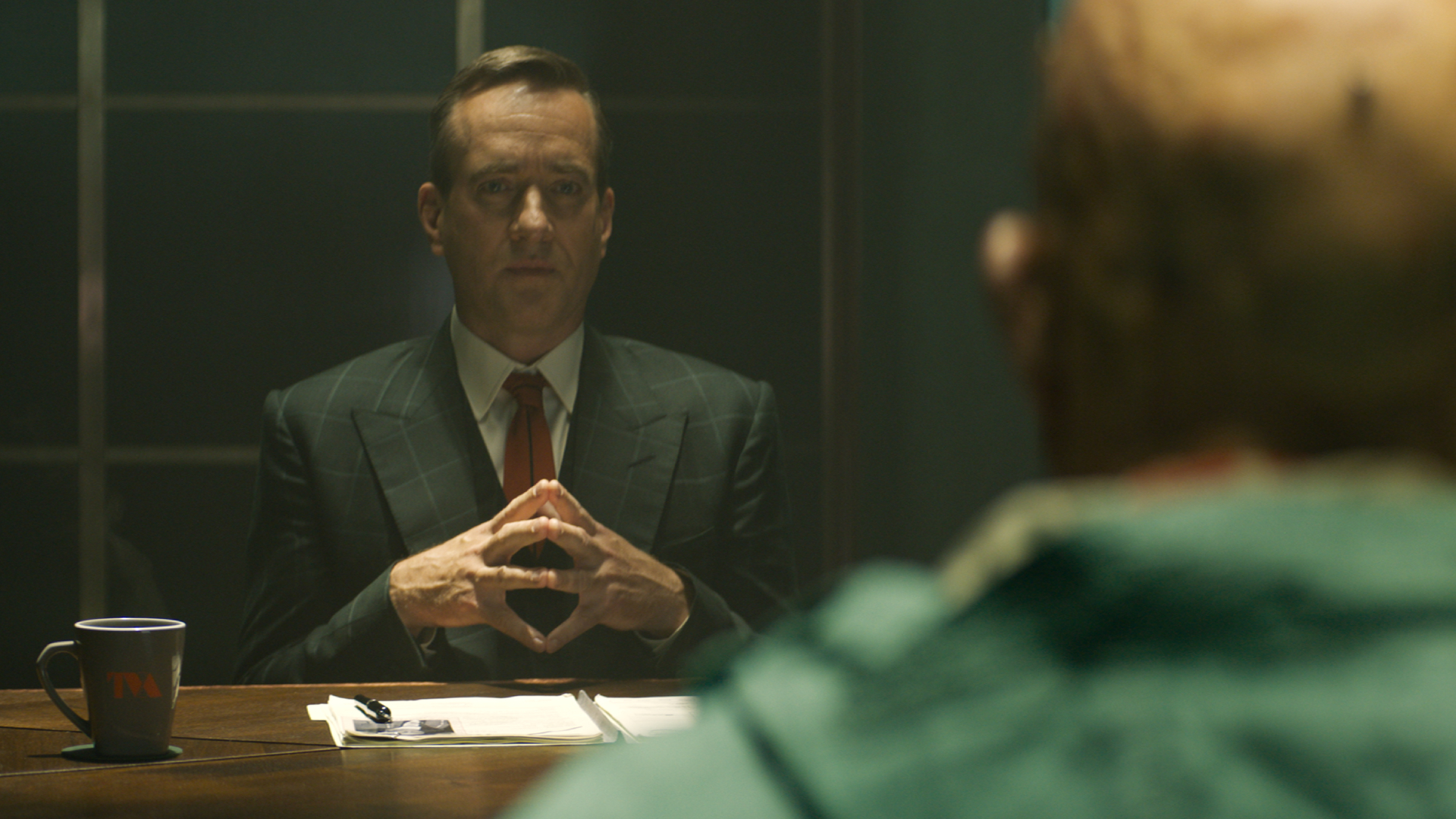Deadpool and Wolverine manages to find real purpose in its multiversal story
Opinion | The bloody, beating heart of Deadpool and Wolverine comes from a genuine place

Deadpool and Wolverine isn't the first Marvel tentpole to dig into the multiverse and scoop out characters who were, until recently, inaccessible to Disney-owned Marvel Studios. But Deadpool and Wolverine does something more radical and worthwhile than show off old action figures. With a meta-story concerned with ideas like purpose, appreciation for the past, and living to see satisfying endings, Deadpool and Wolverine weaponizes the increasingly fatiguing multiverse concept to meditate on the limits of supposedly endless franchises.
"Marvel Jesus" may be a self-appointed title invented by Deadpool, but he's not exactly joking around. While the recent output from Marvel Studios isn't all duds, it's not an unfounded statement to say the current "Multiverse Saga" has altogether dimmed a studio's once-sterling reputation for must-see event films. (The shocking reenlistment of Robert Downey Jr. and the Russo Brothers for Avengers: Doomsday speaks to a pungent desperation to reclaim lost glory.)
Deadpool and Wolverine grills the current MCU to a crisp, roasting the franchise's shortcomings while going an extra mile with its multiversal surprises. But even if nothing the movie says is enlightening, that it tries at all is a maximum effort worth commending.
Warning: Spoilers for Deadpool and Wolverine ahead.

Like the preceding Deadpool movies, Deadpool and Wolverine has a meaningful heart throbbing beneath its obnoxious exterior. The basic gist of the movie is that Deadpool (Ryan Reynolds) wants to be a better hero, all in an effort to salvage his relationship with Vanessa (Morena Baccarin). After learning from the Time Variance Authority, or TVA as seen in the Disney+ series Loki (which you've seen, right?) that his universe is on the brink of erasure due to the death of Hugh Jackman's Wolverine in Logan (which you've seen, right?), Deadpool finds his purpose to save everything and everyone he knows.

Deadpool's quest lands him in The Void, a sand-blasted wasteland where the TVA dumps erased (or "pruned") entities. It is deep in The Void that Deadpool and Wolverine stages a moment engineered for virality. After they're greeted by Chris Evans, back in his Fantastic Four role of Johnny Storm, the title characters also meet Blade (Wesley Snipes), Elektra (Jennifer Garner), Gambit (Channing Tatum), and a grown Laura, aka X-23 (Dafne Keen). All of these characters originate from various Marvel film franchises that were swiftly abandoned amid Marvel's meteoric rise. With these lost heroes stranded and doomed to die in the all-consuming throat of the beast Alioth, the heroes team up for one last act of heroism that doubles as their final hurrah (and for one of them, their only hurrah, in the case of Gambit).
Again: This is not the first time Marvel has played this card. WandaVision, Spider-Man: No Way Home, and Doctor Strange in the Multiverse of Madness, even The Flash from distinguished competitor DC all tapped into the multiverse to put the spotlight back on ghosts of fandoms past. (Results have varied, but none more ghoulish than The Flash digitally exhuming the corpse of Christopher Reeve.) But Deadpool and Wolverine is a different tale. It is a movie that, dare we say intelligently, uses the multiverse to reckon with the ruthlessness of the superhero movie industrial complex, a for-profit filmmaking enterprise that makes and breaks universes at will. Deadpool's latest movie is a story that hinges on the dwindling time of his universe, one shared by the prolific X-Men; the franchise arguably kickstarted the 21st-century superhero movie boom only to die an unceremonious death with the movies Dark Phoenix, one of the biggest bombs in 2019, and The New Mutants, a teen spin-off that suffered numerous pandemic delays.
Get the best comic news, insights, opinions, analysis and more!
A world of possibilities

The dominance of the MCU began with 2008's Iron Man and marched into the next decade, a success story built over the obscured bones of standalone Marvel movies from the decade before. This initial wave of Marvel films, like Blade (1998), X-Men (2000), Spider-Man (2002), Daredevil (2003), and so on, originate from Marvel's desperate efforts to rebound from bankruptcy in 1996 by selling the movie rights of its comics to whatever studios were interested. (A famous story detailed by journalist Ben Fritz in his 2018 book The Big Picture: Sony had the chance to buy all of Marvel for just $25 million, but executives saw value only in Spider-Man.)
Many of these Marvel movies were hits, while others were misses. Regardless of how they all landed, these movies cultivated a generation of moviegoing audiences to love them and to get genre-savvy. These movies taught audiences to get familiar with the conventions of superhero storytelling if the original comic books were too byzantine to explore. The Fox/Marvel output was particularly prominent during this time, with Fox claiming the most enviable rights of all – laying claim to the Fantastic Four and the X-Men – and producing more Marvel pictures than any of its rivals combined. Today's adult-age moviegoers quite literally grew up with these movies, the alluring escapism inherent to the superhero genre palpable at their impressionable ages. Critics were bored by them, but kids couldn't get enough. Some things never change.
Regardless of how they all landed, these movies cultivated a generation of moviegoing audiences to love them
Now that these same audiences have matured, physically at least, Deadpool and Wolverine sees through the fourth wall to give them what they want: to see heroes be heroes, one last time. While traditionally moviegoers are accustomed to definitive endings, the never-ending sagas of superheroes imply there's always a chance for one last rodeo. It's a feature unique to the genre even if film scholars argue they ought to be bugs. Deadpool and Wolverine's spotlight of "forgotten" figures and letting them shine in a spectacular blowout lets a bygone era of Marvel – and the superhero genre as a whole – to take a long-overdue bow before vanishing in a place quite literally called "The Void."
No one and nothing deserves a good ending. But it would be remiss of Marvel Studios to never acknowledge the debt it owes to the movies – and more importantly, the many artists who brought them to life – that all came before it. (There's one monster who shall not be named, but there's still hundreds more whose work shouldn't be discounted outright.) Certainly, Marvel's own Kevin Feige wouldn't be at the top of the food chain without these movies; his start in the business came from being under the tutelage of X-Men producer Laura Schuler Donner. In ways that aren't even obvious, Marvel wouldn't be where it was without these first movies.
When Marvel Studios' power grew and Fox's waned, the stars aligned for Disney to swallow up Fox, and thus reunite all those nomad character rights back to the source. These circumstances are catnip for a creature like Deadpool, a transgressive trickster fully aware of his nature as a fictional entity. It's why Deadpool and Wolverine can get away with murder, so to speak, and why Doctor Strange et al cannot. While the extravagant cameos are indeed fan-service nonsense and cynically the equivalent of jingling keys in front of adults who refuse to accept they're no longer 16 years old, these guest appearances almost resemble a point. They inform Deadpool and Wolverine that they actually have a mortal lifespan, one their regenerative healing factor cannot prolong. They exist now, for the moment, so long as fans want them to live. There will come a day when fans no longer want them, and when that happens, The Void awaits.
Deadpool and Wolverine is now playing in theaters. If you're yet to see it, you might be interested in our ranking of the best Marvel movies.

Eric Francisco is a freelance entertainment journalist and graduate of Rutgers University. If a movie or TV show has superheroes, spaceships, kung fu, or John Cena, he's your guy to make sense of it. A former senior writer at Inverse, his byline has also appeared at Vulture, The Daily Beast, Observer, and The Mary Sue. You can find him screaming at Devils hockey games or dodging enemy fire in Call of Duty: Warzone.


